In re Morgan Brown
Is the sky falling, or is there still hope?
On July 14, 2016, the Trademark Trial and Appeal Board of the United States Patent & Trademark Office (USPTO) issued a decision refusing to register the mark HERBAL ACCESS for use in connection with "retail store services featuring herbs" on the grounds the mark was being used with the sale of marijuana in violation of federal law. While this decision presents some new hurdles, it doesn’t change what cannabis businesses have been required to do all along—find creative, legal ways to secure trademark rights at the USPTO.
In the decision, the Board stated that a registration will not be refused based on unlawful use in commerce unless there is evidence that a violation of federal law has occurred or the applicant’s trademark "application-relevant activities" violate federal law—in this case, the sale of marijuana at the retail store services applicant included in the application.
The Examining Attorney tasked with reviewing the HERBAL ACCESS trademark application determined that the applicant’s retail store services included marijuana because the specimen of use the applicant submitted showed photos of a retail establishment indicating it was in the marijuana industry. Moreover, the applicant’s website displayed a map with the wording "Marijuana for the Masses" and encouraged visitors to "Call or stop by today and find out why people consider our marijuana to be the best of the best!"
So what does this mean for cannabis companies that want to protect their trademark rights at the USPTO? The short answer is: we can't be sure yet. But we can make some educated guesses.
Previously, the USPTO would generally approve registration of trademark applications submitted by cannabis companies as long as the specific goods and services listed in the application did not violate federal law. After this decision, the USPTO may not approve trademark applications for registration if any of applicant’s goods or services that are within in the class or goods/services specified in the application violate federal law. And it could go even further.
How might this play out in practice?
Example 1: Your dispensary sells lighters and t-shirts as well as cannabis. Previously, you would likely have been able to secure a trademark registration for “retail store services featuring lighters and clothing” in Class 35. Now, the fate of such an application remains uncertain: it might be refused because your retail store services in Class 35 also include cannabis (even though it’s not listed in the application), or it might be allowed because the lighters and clothing listed in the application do not violate federal law.
Example 2: Your dispensary may seek to register its trademark for use in connection with “information services featuring the benefits of medical cannabis” in Class 44. While some of your dispensary services violate federal law, this particular service—providing information—does not. Moreover, because Class 44 covers information services and not retail services, you do not offer any services in Class 44 that violate federal law, and your application might be allowed.
Reach out to us to discuss the implications of this case on your pending trademark applications.
